Healthy Pigeon’s Win Races Part 3 “The Big Four”
The Big Four: The following four diseases account for 95% of the poor performance in racing lofts that is related to health.
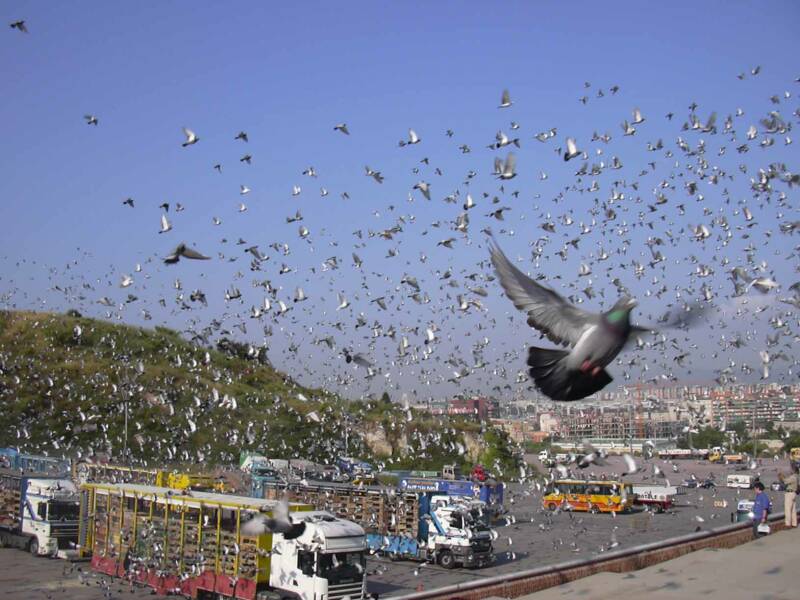 Ornithose Complex: This is probably the most common cause of poor performance related to health. I’m not talking about overt respiratory disease where the pigeons are coughing, sneezing, blowing snot on the walls, etc., but subclinical disease. Remember, that a birds respiratory system is integrated into it’s entire body. Any level of infection will greatly hamper performance. In most birds the only signs of mild subclinical infection you see are:
Ornithose Complex: This is probably the most common cause of poor performance related to health. I’m not talking about overt respiratory disease where the pigeons are coughing, sneezing, blowing snot on the walls, etc., but subclinical disease. Remember, that a birds respiratory system is integrated into it’s entire body. Any level of infection will greatly hamper performance. In most birds the only signs of mild subclinical infection you see are:
An excess of tears in the eye. When you press on the waddle you will see bubbles form in the corner of the eye. When you put the bird’s beak next to your ear you will hear a distinct “puff” each time it breathes. A bird that is not excited should produce hardly any sound when it breathes.
You should treat your race team for 20 days before the season starts and 3 days at the 1st of each week during the race season for respiratory infection. My favourite drug combination is Tylan (2,500 mg./gall) and Doxycycline (750 mg/gall). This is one of two problems that you must practice defensive medicine with while racing. I would typically never recommend using antibiotics without having the disease, but you will pick up respiratory infection in the basket.
Coccidiosis: Coccidia is another problem that will really hurt performance. I maintain that you should treat your birds if you have any level of infection. This differs from some of the European vets that treat only if you get a large number of the bug on a fecal check. I disagree for 3 reasons:
Coccidia is shed in cycles. One day there will be a lot in the bird’s fecal and the next day very few. You can get fooled from day to day. Individual birds vary greatly in their level of infection. Unless you are going to check each and every bird on your team you will miss some with large numbers. If you have any coccidia, as the stress of racing and training goes on you will soon have a ton.
You should treat and keep it under control. Remember, coccidia is not infective when it is first passed in the droppings. It has to sit around for a couple of days first. So, scrape your loft every day and you should have a minimal coccidia problem. Treat with Sulmet (1 tbs./gall). Another great drug is Baycox, if you can get it.
Canker: Canker is caused by the one celled organism that is called trichomonas. You cannot rely on looking for the typical canker lesion of cheese in the mouth as to wether you have the bug or not. Any level of infection (like respiratory) will really hurt performance. You can only diagnose it with throat swabs by a veterinarian. You should treat before the season and as with respiratory treat during the season. Two or three days at the first of every other week during the season should do the trick. Use Emtryl(1/4-3/8 tsp./gall) or Ridsol (3/4 tsp/gall). Spartrix also works but must be given individually.
Haemoproteus: This is a blood parasite that is transmitted from bird to bird by pigeon flies. It will cause anemia and very poor performance. To prevent transmission you must control the pigeon fly, it will not pass from bird to bird just by contact. To treat Haemoproteus if you have it, treat for 2 weeks before the season and 2 days during the week, each week of race season. Use Atabrine at 200mg./gall. The pill form is not available anymore, but most pigeon vets can get a generic form of the powder and prepare it for you to use. It initially was very expensive, but now is getting more reasonable.
Using a Veterinarian
If you remember back to part one we discussed how critical it was to keep our birds in “SUPER HEALTH” not just apparently healthy as most of us do. Organisms that cause canker, coccidia, respiratory disease, ect. can be present in our birds, greatly hampering our performance, yet the birds still look and act good. The only way to know if you have coccidia, worms. Trichomonas (canker) and haemoproteus is to have fecals, throat swabs and blood smears done. For all practical purposes it is easier to have a veterinarian do it for you. If you monitor and control these problems before and during the race and breeding seasons, you will be way ahead of the game and can achieve that “SUPER HEALTH”. Using a veterinarian gives you many advantages including:
You will know if you have a problem. You will not treat needlessly. You will know the proper drug to use. You will know the proper dosage of the drug. You will know how long to treat. It will cost less money by far in the long run.
This following scenario is a typical one that I receive on the phone and by simply using a veterinarian it could be avoided. ” Hi Doc I’m having a terrible problem in my young birds. I had a couple die and my buddy told me it was canker, so I treated them with Emtryl. That didn’t work and I had 5 more die. Another friend came and looked at them and said it was coccidia because they had green droppings, so I gave them some Amprol. They sort of acted better, but they got bad again so I put them on some Terramycin for salmonella. Since then I have lost 25 more young ones and the ones I have left look terrible. What do you think?” I think he could still have a young bird team if he just would have sought professional help at first. Any veterinarian is capable of doing fecals, throat swabs and blood smears and it isn’t that expensive. If you are having problems and the common things like coccidia worms, canker, etc., can’t be found by your regular vet just get in contact with one of the pigeon veterinarians around the country. They are very versed in pigeon medicine and would be glad to help .
Healthy Pigeons Win Races Part 3 “The Big Four” by Dr. Steive Weir DVM
The Leading Online Pigeon Racing and Racing Pigeons Magazine – The Pigeon Insider

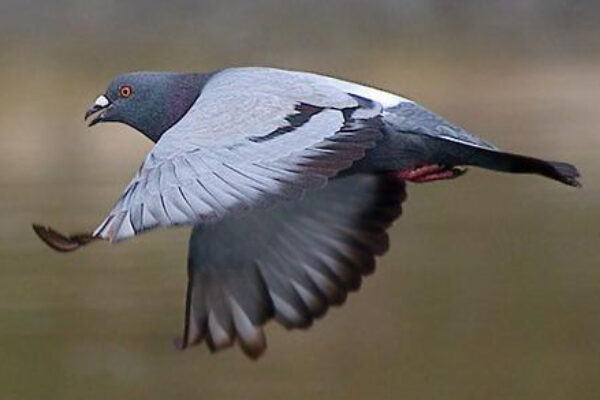

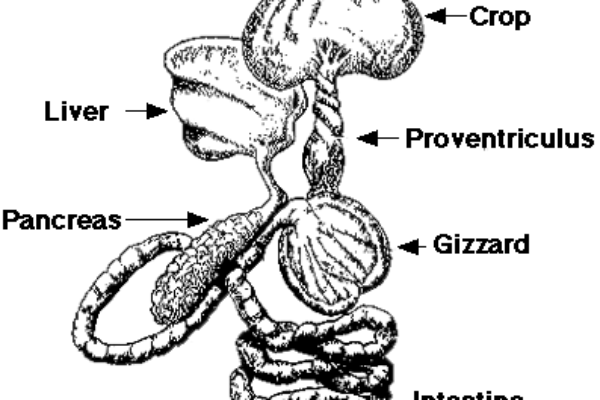
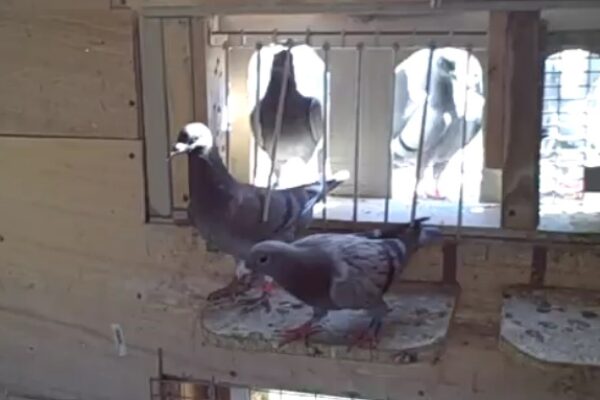
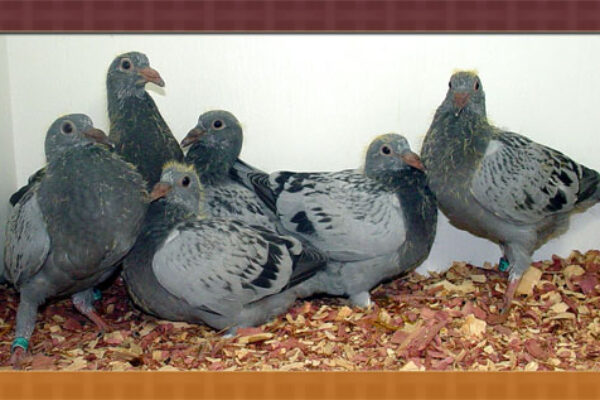
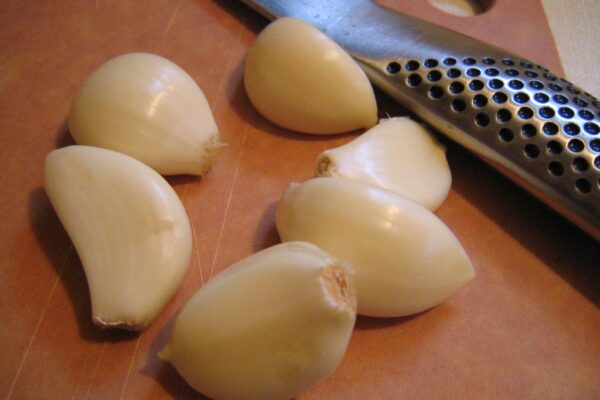
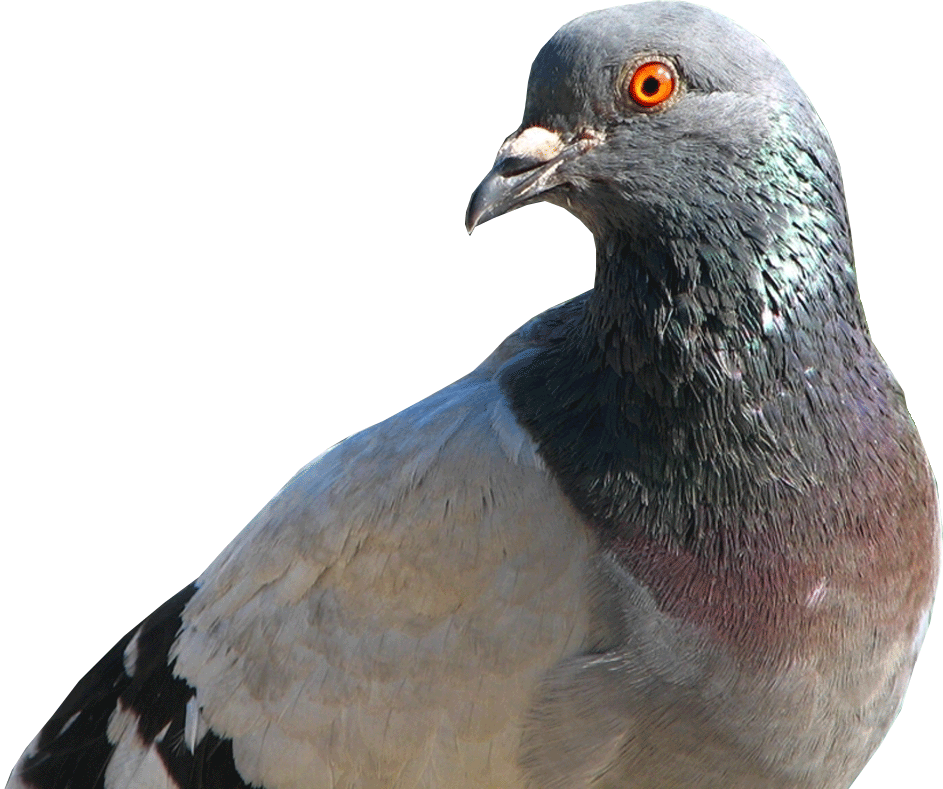
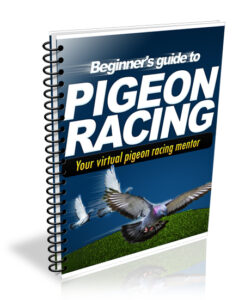
love all your informative information and you help me keep my pigeons in great shape; thank you!
help me to better performance
Hi
I am keeping my pigeons parasite free by using Garlic mixed with brown Aloe.
External parasites like the pigeon fly who brings along the dreaded “malaria” stays away and the internal parasites either stays away or dies from this treatment. I have been using this for years with great success!
hi can you give me any idears what to do about YEAST as well
I always keep my loft clean everyday… ive won the 1st 2nd 3rd place in short distance race, i always keep reading on this site,,thank you very much!!!
Hi I almost agree with the big 4 but would place 1.Ornithose in another category. and addworm infestations to this group.
I believe in keeping my birds clear of the latter three and worms,and the birds themselves will have a better chance to defend their own systems against bacterial attacks.I classify these four as preventable common occouring parasites that are treatable with mild drugs.Keep your birds clear(which includes preventative dipping of pigeons and loft management and pre season programme of suitable drugs aimed at these four) and it will make pigeon racing considerably easier.
hy,
great article with good information
regards,
be carefull when treating coccidia with sulmet doing racing sulmet can kill race form. HERM
good day sir,just piece of advice of how to bred and to create a champion flyer? inbred or crossbred,which is the best. thank you and god bless
thanks a lot for this article. It was really a great help!!!